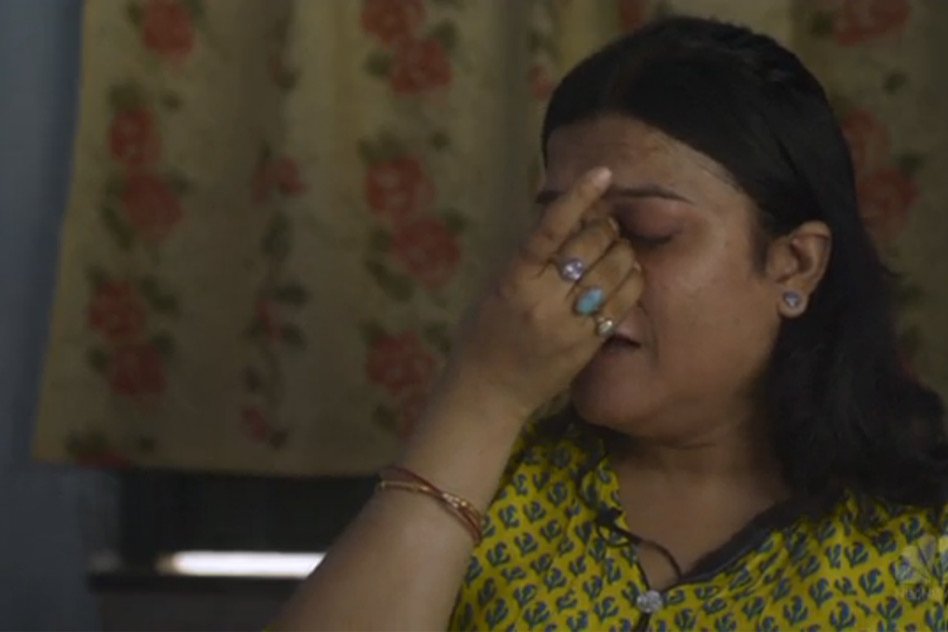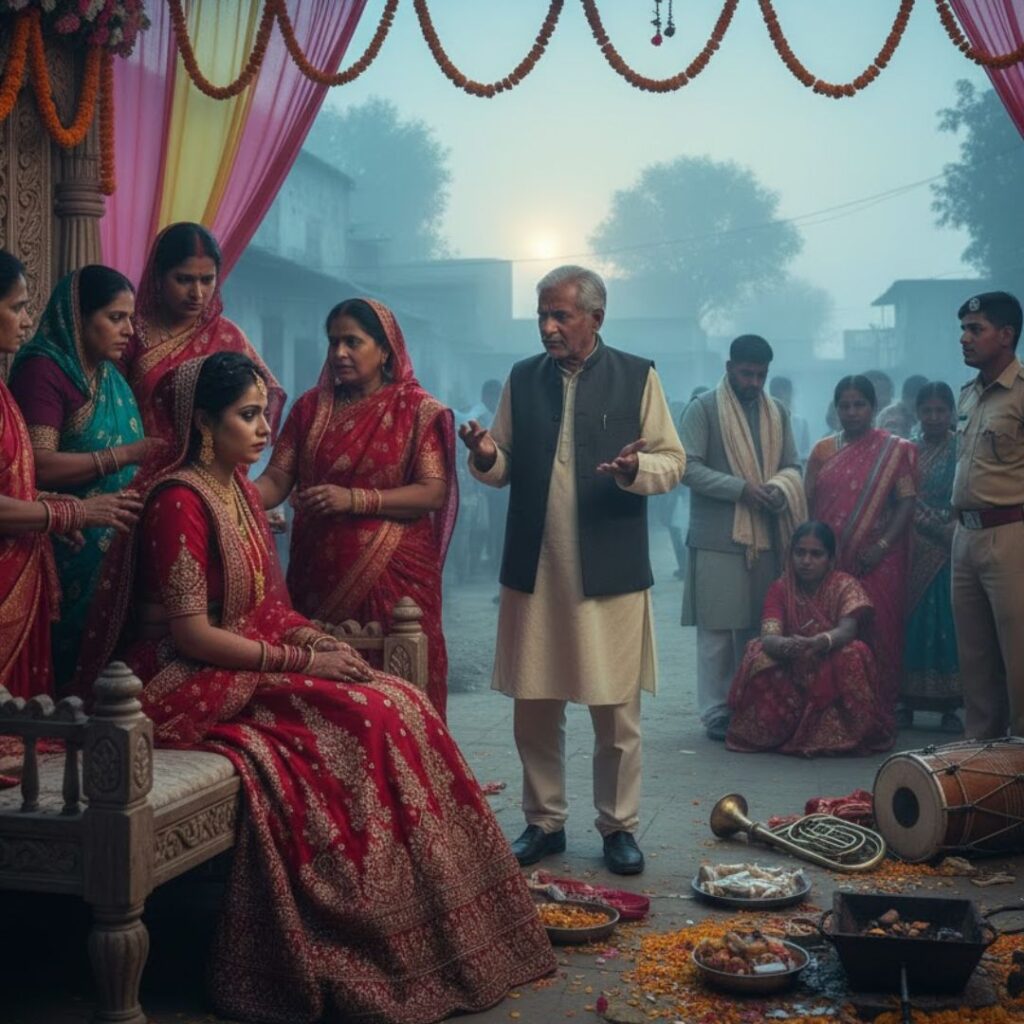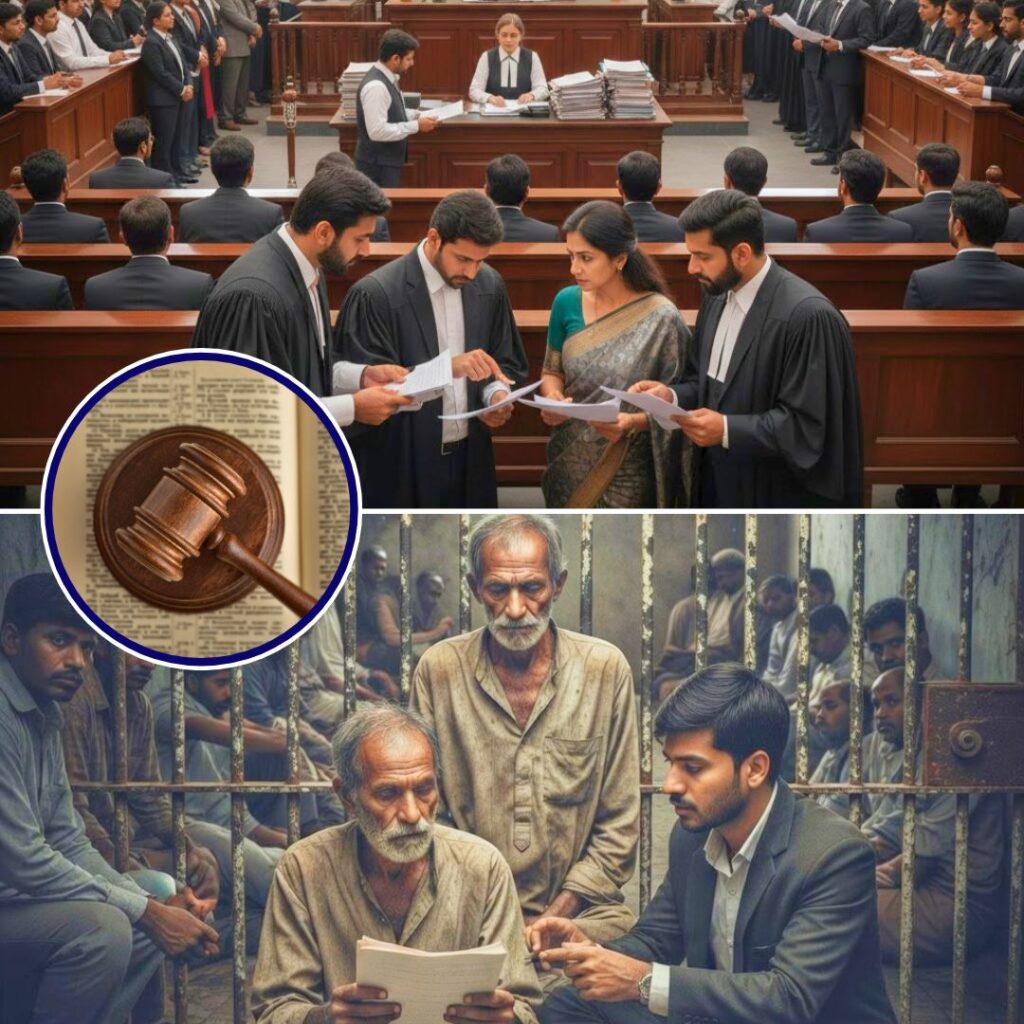Source - ncbnews
India, along with a host of other South Asian nations, is home to a group of transgender people called “hijras,” who have long served as culturally significant ritual performers.
Hijras commonly live in communes and traditionally undergo an extensive initiation process, including a ritualistic and crude castration. For centuries, they have regularly performed at weddings and childbirths in exchange for payment. According to religious folklore, hijras have the power to both bless one with fertility and also assign curses. Because of this “power,” for much of Indian history, hijras garnered significant respect as an important group of ascetic people.
But in today’s India, the hijras are largely stigmatized, often functioning as an institutionalized third gender for whom access to education, jobs, and good housing are scarce. Over the years, with increased ostracism, Hijras have often been relegated to a life of begging, prostitution and extortion.
It’s a trend that began during the British colonization of India, which in 1860 brought about the India Penal Code, including Section 377:Unnatural offences: Whoever voluntarily has carnal intercourse against the order of nature with any man, woman or animal, shall be punished with imprisonment for life, or with imprisonment of either description for a term which may extend to ten years, and shall also be liable to fine.
It is a law that theoretically affects all citizens, but is primarily used as a means of harassment and discrimination of the LGTBQ community. Some experts say the transgender community, more visible and identifiable, is often at the core of this mistreatment.
There are nearly 80 nations in the world that criminalize private, consensual, same-sex relationships, according to the United Nations. India, the world’s second-most populous country with 1.25 billion inhabitants, is by far the largest.
In recent years, Section 377’s existence has been fiercely contested in the nation’s highest courts.
In 2009, The Naz Foundation India Trust, an advocacy group, petitioned the Delhi High Court to rule on the constitutionality of the law. The foundation cited constitutional amendments that it claimed implicitly guarantee Indian citizens the right to dignity, privacy, and equality. Convinced, the Delhi High Court ruled to eradicate Section 377.
But the decision stood for just four years before the Supreme Court overruled it, submitting that only Parliament had the power to change such a law.
The following year, the Supreme Court handed down another landmark ruling, albeit under a curious rationale. Making a similar argument as the Delhi High Court in 2009, the Supreme Court instituted an official third gender in India, neither male nor female, allowing those in the transgender community to self-identify one’s gender on legal documentation.
The coexistence of Section 377 and the third-gender ruling suggests a fundamental conflict for India’s LGBTQ community, wherein one enjoys the freedom of gender identity while sexuality remains a punishable offense.
By Evan Burgos, Gayatri Kaul and Alpha Newberry
Special thanks to Jefferson Mok and Krutika Pathi for their significant contributions to this project.













